Publications
Articles, publications, books, tools and multimedia features from the U.S. Institute of Peace provide the latest news, analysis, research findings, practitioner guides and reports, all related to the conflict zones and issues that are at the center of the Institute’s work to prevent and reduce violent conflict.
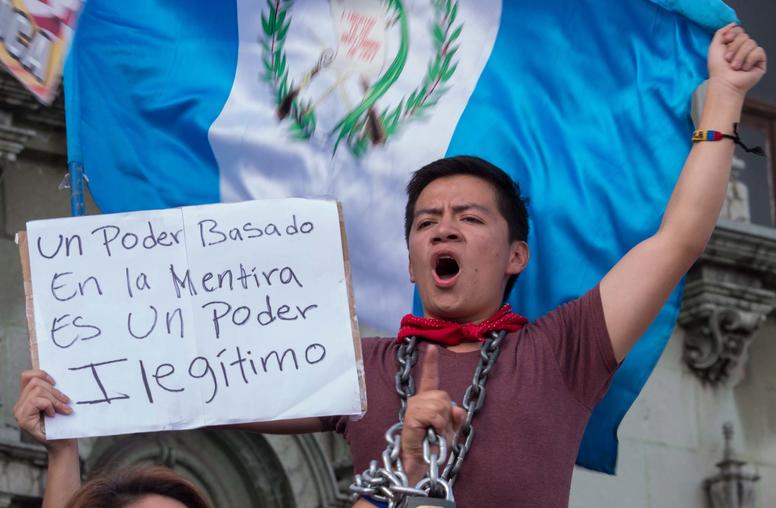
What Guatemala’s Anti-Corruption Movement Can Learn from the Past
Guatemalans have once again risen up by the thousands to demand major changes in how their country is governed. Their demands are intended to usher in reforms that will improve quality of life for citizens reeling from the impacts of two deadly hurricanes, as well as health and economic crises that have only been exacerbated by the COVID-19 pandemic. The demonstrations are reminiscent of the 2015 protests that prompted the resignations of top officials, including the country’s president. However, that movement fell short of broader, structural change. This time around, protesters can draw on lessons learned from the past to achieve long-term reform and target Guatemala’s persistent systems of corruption.
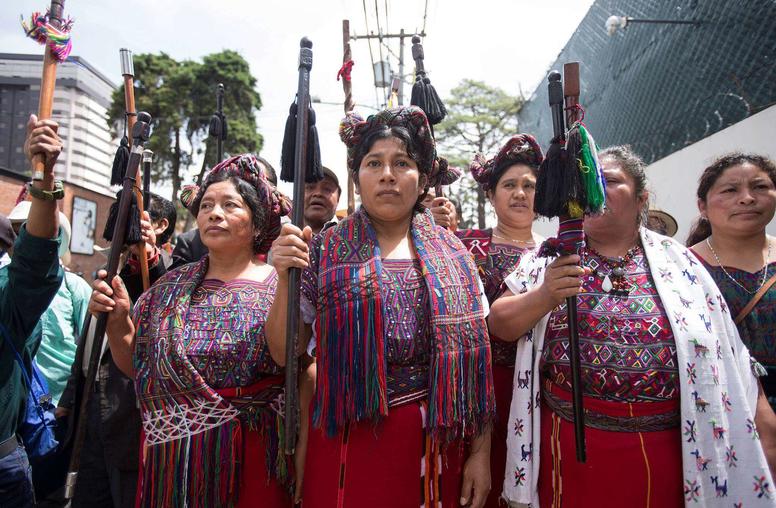
Curbing Corruption after Conflict: Anticorruption Mobilization in Guatemala
This report analyzes the fight against corruption in Guatemala by social movements over the past five years, homing in on their major successes and challenges in working to advance transparency, accountability, and good governance. The lessons drawn from these efforts can be applicable for other movements around the world operating in similar contexts. The work also has a larger bearing for international actors helping states build peace and democratic governance following prolonged violent conflict.
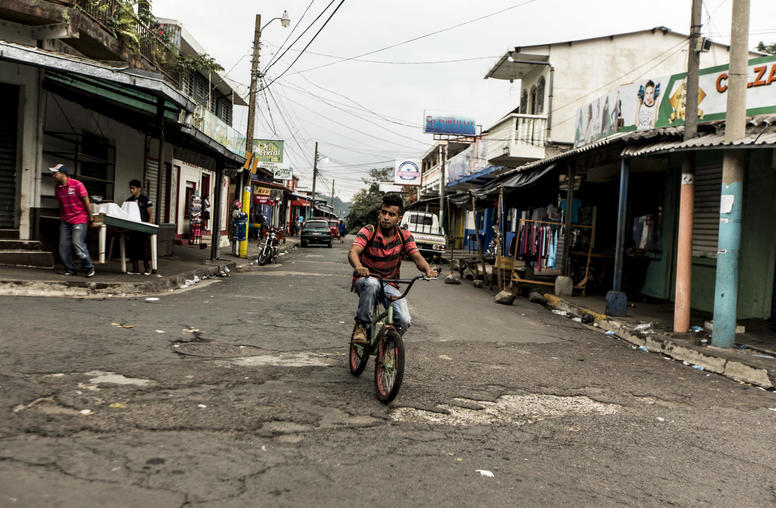
Central America: To Slow Refugees’ Flight, Reduce the Violence
The flow of asylum seekers from Central America’s Northern Triangle to the U.S. border stems from intense violence fueled by corruption, drug trafficking, gang culture and poverty, specialists on the struggling region said.
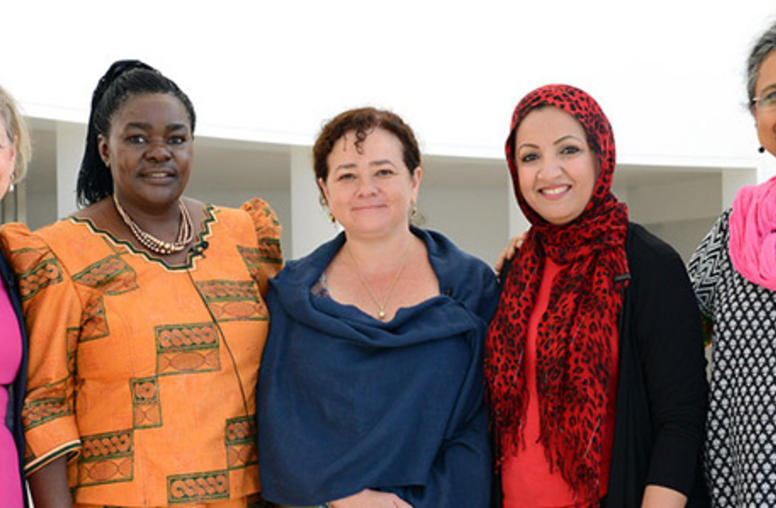
Acclaimed Iraqi Women’s Rights Lawyer Pleads, 'Please Don’t Forget Iraq'
A poignant plea from a prominent Iraqi lawyer who was lauded this week for her community leadership illustrated the determination it takes to achieve change in the most daunting circumstances. “Please, don’t forget Iraq,” Suaad Allami told an audience at the U.S. Institute of Peace, just hours before President Barack Obama announced plans to send 300 military advisers to support her country’s security forces amid the current crisis.
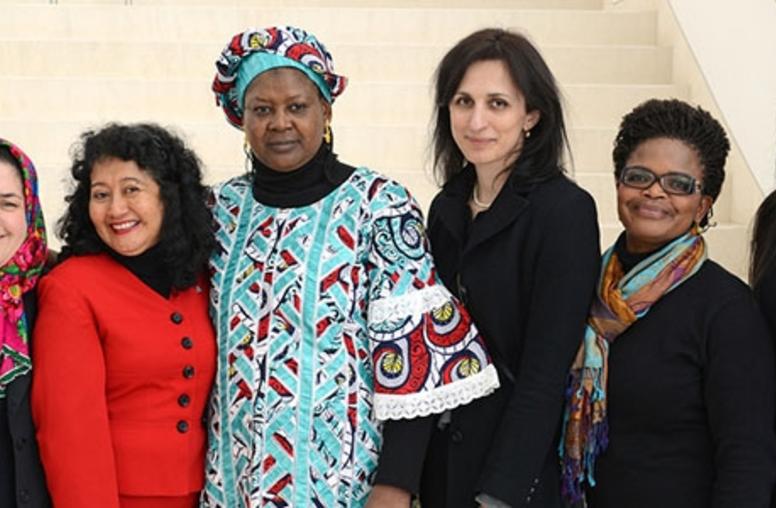
'Women of Courage' Awardees Challenge Social Norms Head On
Roshika Deo’s announcement that she would run in her country’s first election since a military coup eight years ago drew vicious condemnation on social media – racist and homophobic comments, threats of rape. Her story hails from the South Pacific island nation of Fiji, but it reflects the kinds of attacks, verbal and physical, also faced by her fellow recipients of the U.S. State Department’s International Women of Courage Awards this year.
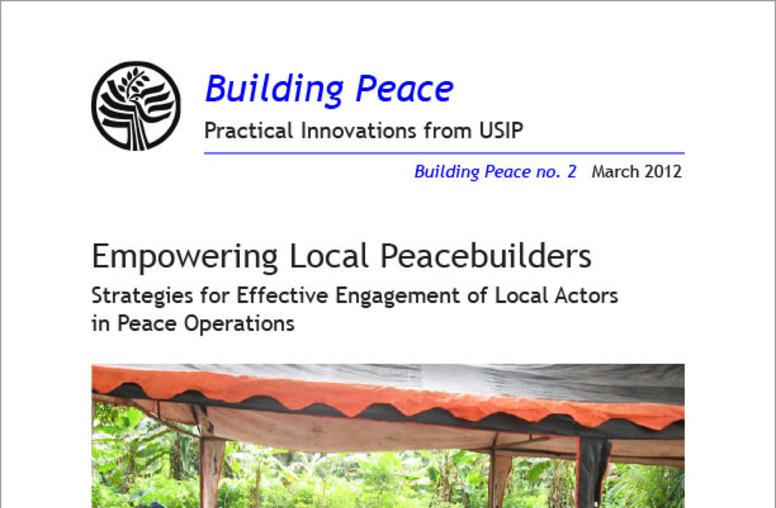
Empowering Local Peacebuilders
Peacebuilding operations in conflict and post-conflict societies often undermine local capacity, ownership, and sustainability. The acknowledged remedy is to empower local actors to take the lead in planning and implementing programs, but few empowerment strategies that work in practice have been documented and explained.
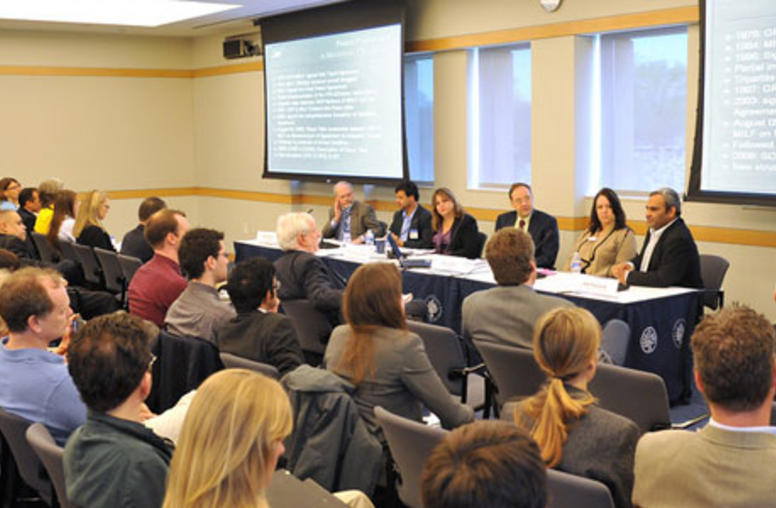
Peacekeeping without Guns
Experts on nonviolent peacekeeping presented their methodologies, lessons learned, and the way forward for the innovative field at the U.S. Institute of Peace (USIP) on March 21, 2012.
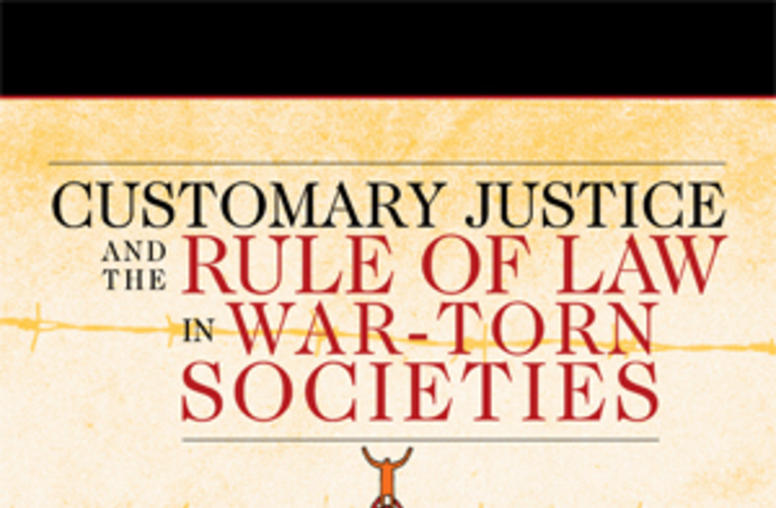
Customary Justice and the Rule of Law in War-Torn Societies
Customary Justice and the Rule of Law in War-Torn Societies presents seven in-depth case studies that take a broad interdisciplinary approach to the study of the justice system. Moving beyond the narrow lens of legal analysis, the cases—Mozambique, Guatemala, East Timor, Afghanistan, Liberia, Iraq, Sudan—examine the larger historical, political, and social factors that shape the character and role of customary justice systems and their place in the overall justice sector.
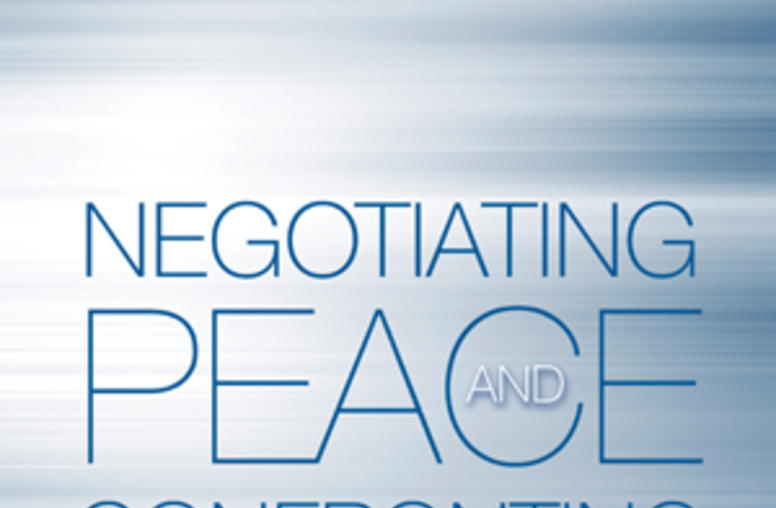
Negotiating Peace and Confronting Corruption
In Negotiating Peace and Confronting Corruption, Bertram Spector argues that the peace negotiation table is the best place to lay the groundwork for good governance.
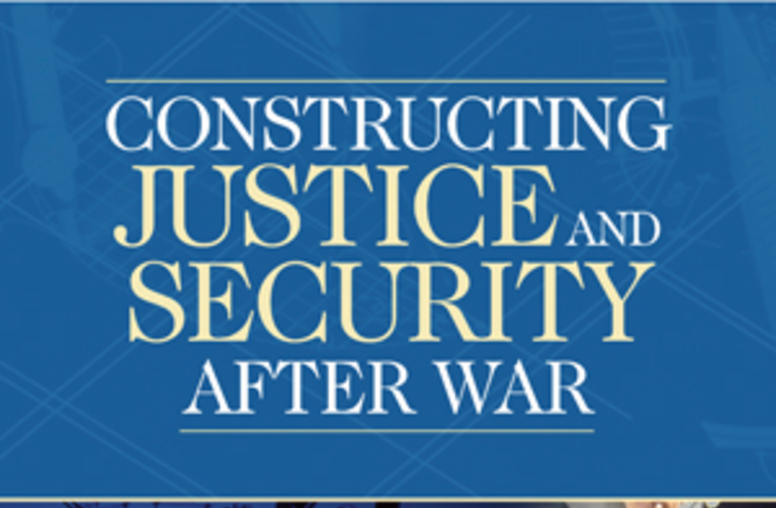
Constructing Justice and Security After War
In Constructing Justice and Security after War, the distinguished contributors—including scholars, criminal justice practitioners, and former senior officials of international missions—examine the experiences of countries that have recently undergone transitions from conflict with significant international involvement. The volume offers generalizations based on careful comparisons of justice and security reforms in some of the most prominent and successful cases of transitions from war of the...